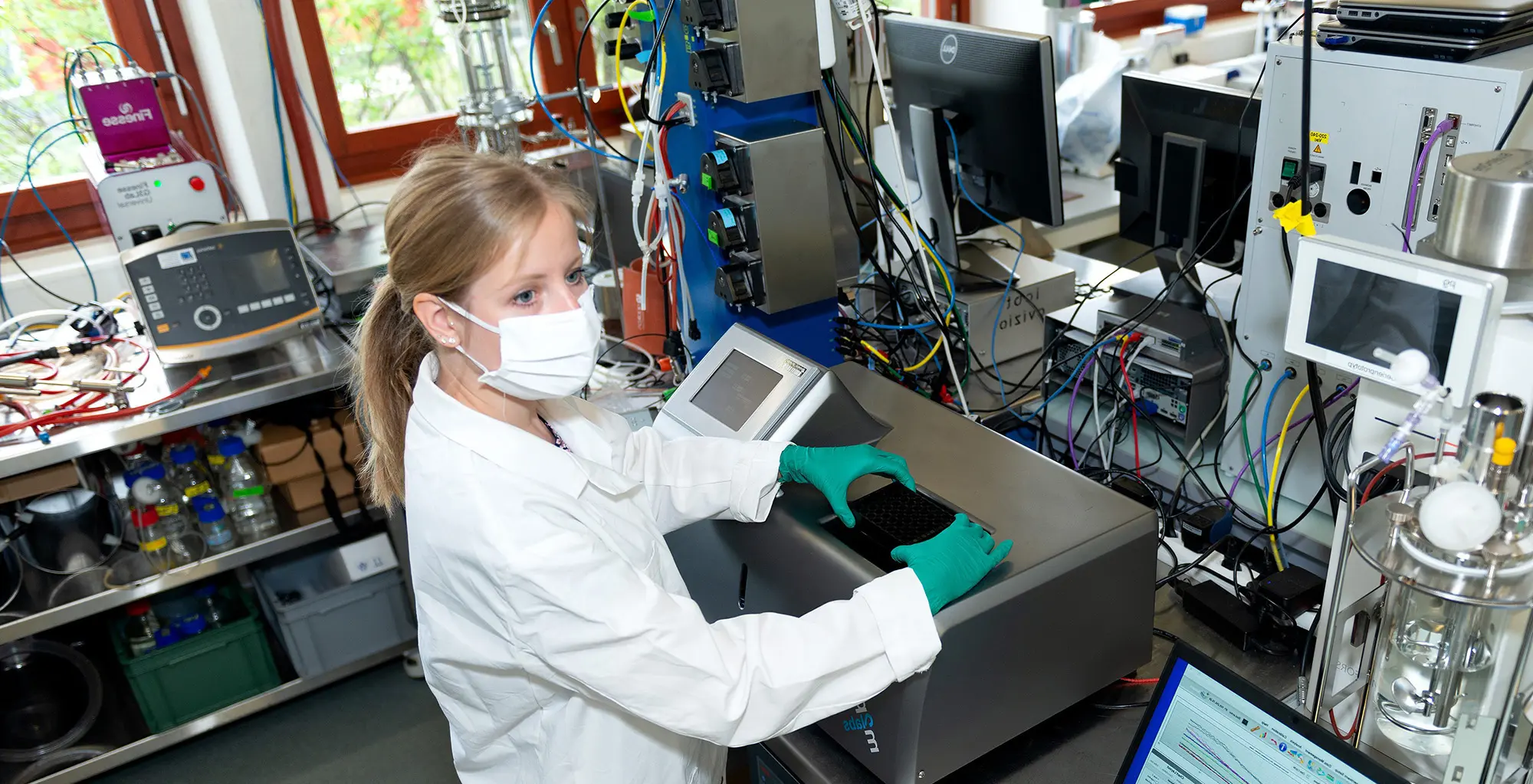Research and the coronavirus
From studies on the impact of the coronavirus crisis on health, SMEs and welfare to the production of vaccines – a great deal of research is being conducted at the ZHAW to deal with the pandemic. At the same time, however, the new situation is also posing many challenges for researchers.

Many ZHAW students were worried about completing their semester due to the impact of the coronavirus. Many of them also lost their jobs during the lockdown. This is revealed by the initial results of a survey of students on the impact of the pandemic conducted by the Health Science research unit at the ZHAW School of Health Professions. This is just one of numerous examples of researchers who have responded quickly to the new situation and who have contributed, and continue to contribute, to researching the coronavirus pandemic. This survey was of course unplanned. ZHAW students are now being questioned repeatedly over several months about their health, education and behaviour during this extraordinary situation. And to give another example, the pandemic’s impact on health and the life of the entire Swiss population is being investigated as part of the COVID-19 Social Monitor of the ZHAW School of Management and Law and the University of Zurich.
Research continued remotely
Currently, many research activities at the ZHAW are continuing within the limited possibilities, but delays or changes are often unavoidable. One example of this is the NEXpro project, which aimed to reduce head and neck pain suffered by office staff. The planned workshops could no longer be carried out in groups, and the measuring of strength and endurance had to be postponed. However, as many of the participants are still working from home, and since neck pain can also occur or even be intensified in this environment, the study was continued nonetheless.
Empirical work using other means
Empirical work is currently difficult and has been completely stopped in some cases. Where possible, however, research is being continued using other means. For example, during research activities it has in some cases been possible to do without direct contact with participants, using online or telephone surveys, Skype or written interviews as an alternative. Research projects with direct contact with participants have been suspended for the time being, on the other hand. Reduced operation of certain research infrastructures, such as aquaculture closed-loop systems or plant collections, must nevertheless be maintained.